9 GPTs for Statute Exploration Powered by AI for Free of 2026
AI GPTs for Statute Exploration refer to specialized versions of Generative Pre-trained Transformers that are specifically designed to analyze, interpret, and provide insights on statutes and legal documents. These tools leverage the power of AI to understand complex legal language, identify relevant laws and regulations, and offer tailored solutions for legal research and compliance tasks. By automating the process of navigating through vast amounts of legal texts, they serve as invaluable resources for legal professionals, researchers, and anyone needing to extract precise legal information efficiently.
Top 9 GPTs for Statute Exploration are: Canadian Law School Assistant,BestLaw | Open Source Legal Resources (Full-Text),UK Law,Le Juge Francais,MI Legal Companion,“Luật Hình Sự”,Legal Analyst,⚖️ Legal Eagle Assistant 🦉,jail.app
Canadian Law School Assistant
Empowering legal understanding with AI
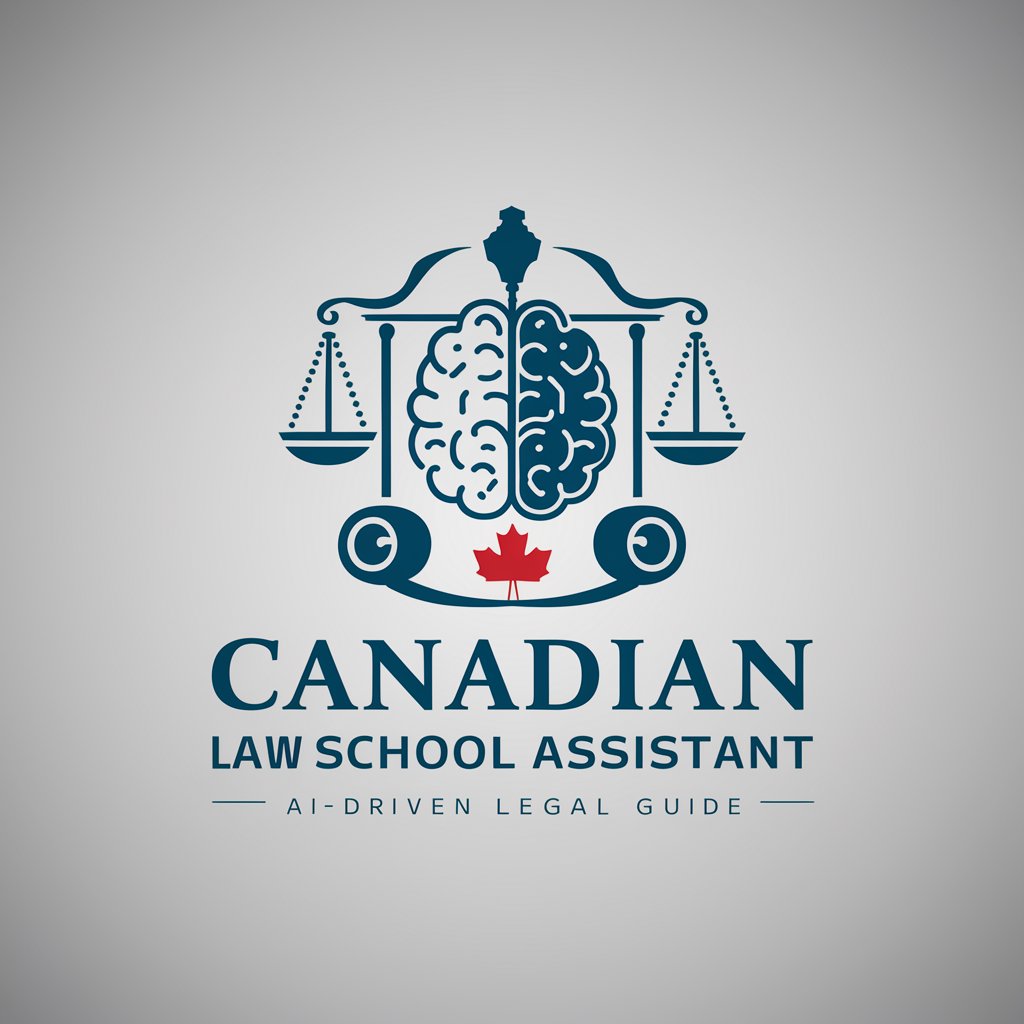
BestLaw | Open Source Legal Resources (Full-Text)
Unlock Legal Knowledge with AI
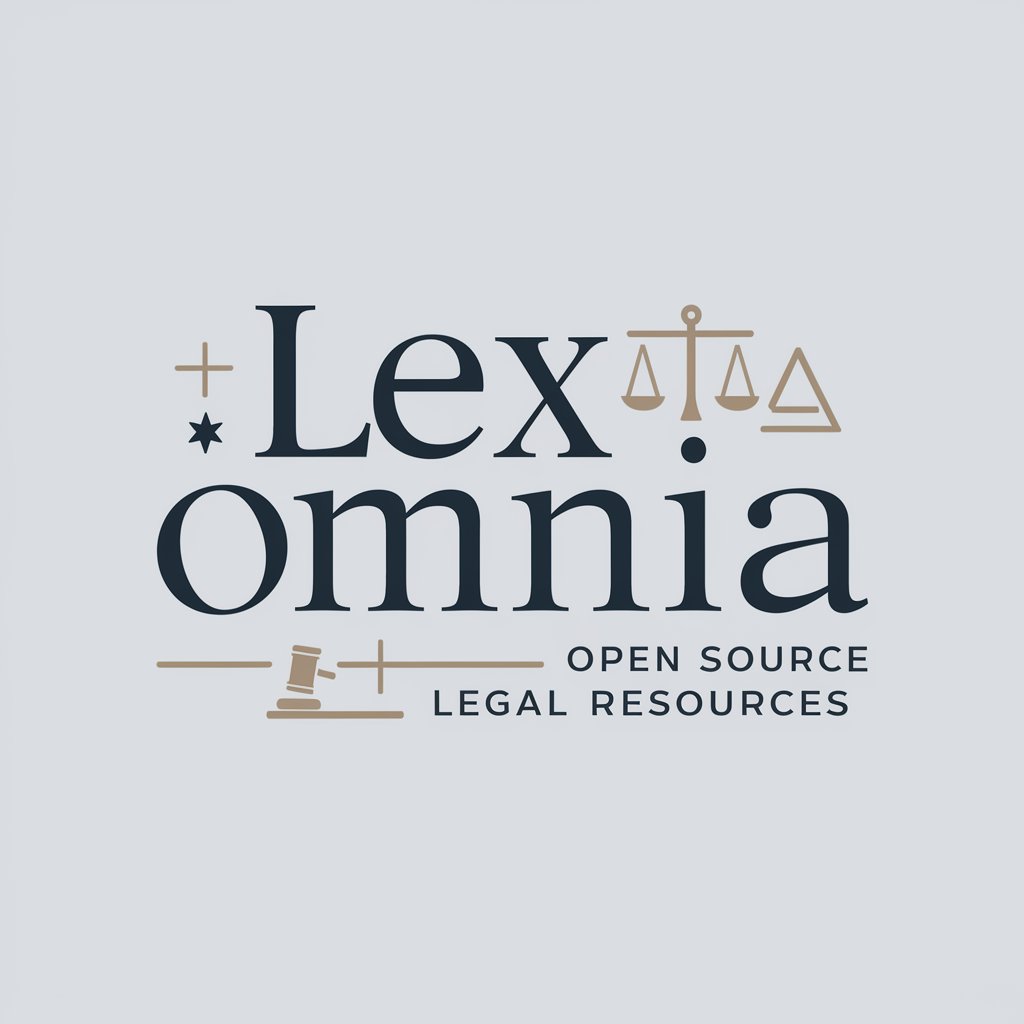
UK Law
Demystifying UK Law with AI
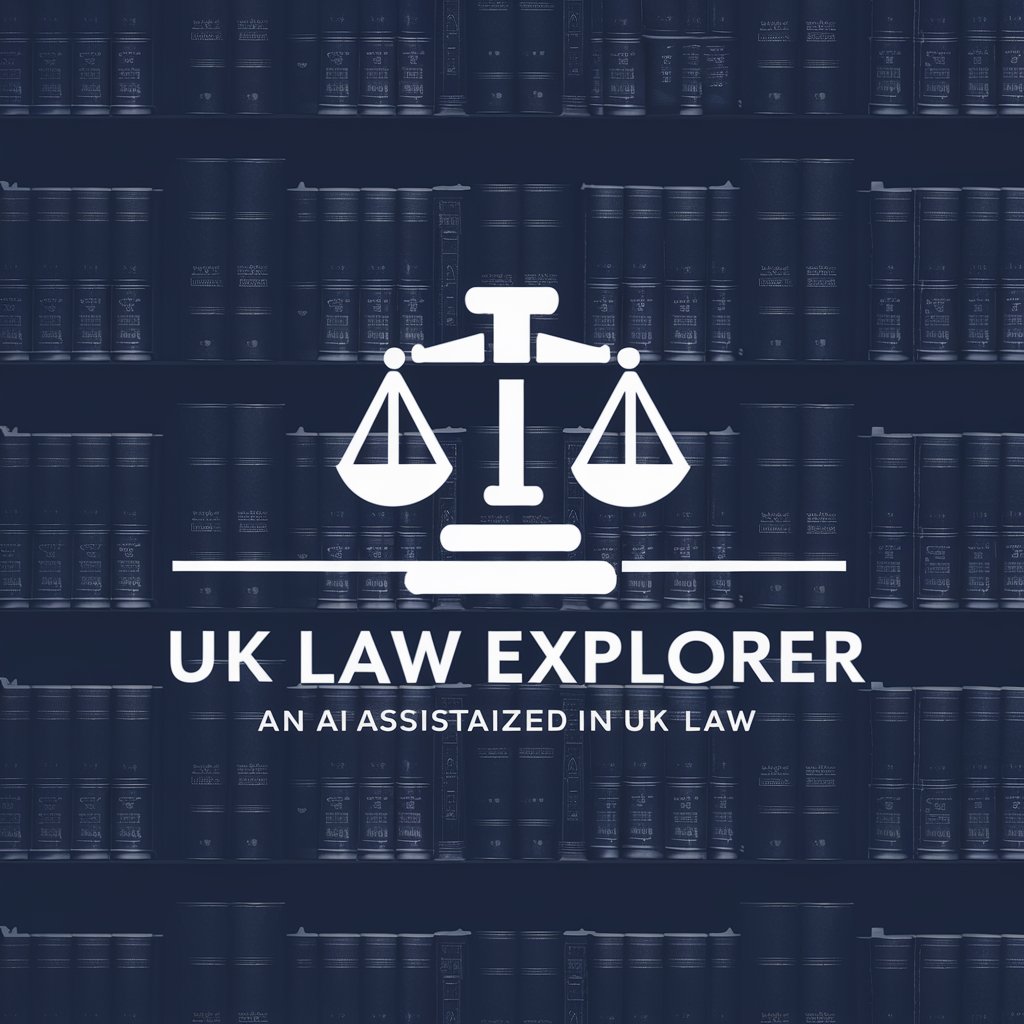
Le Juge Francais
AI-powered French Law Expertise
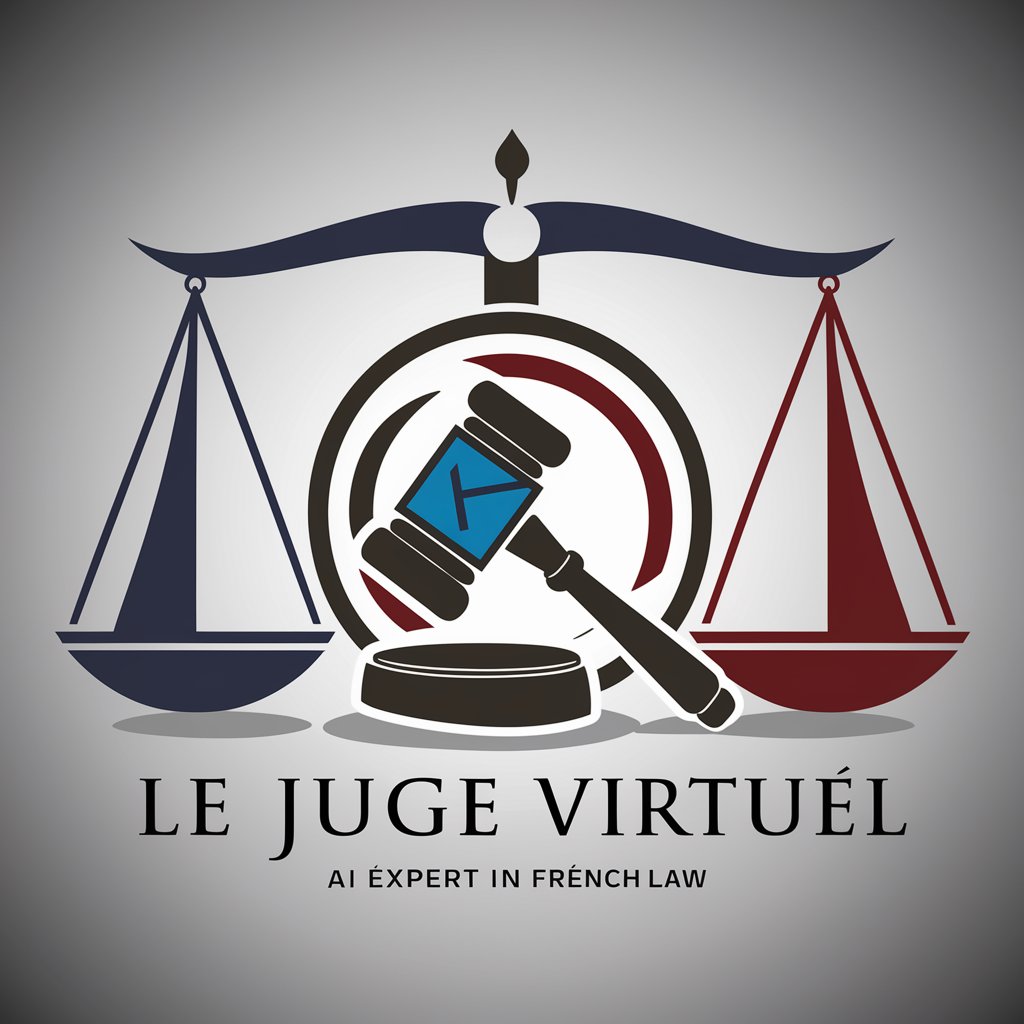
MI Legal Companion
Empowering legal understanding with AI
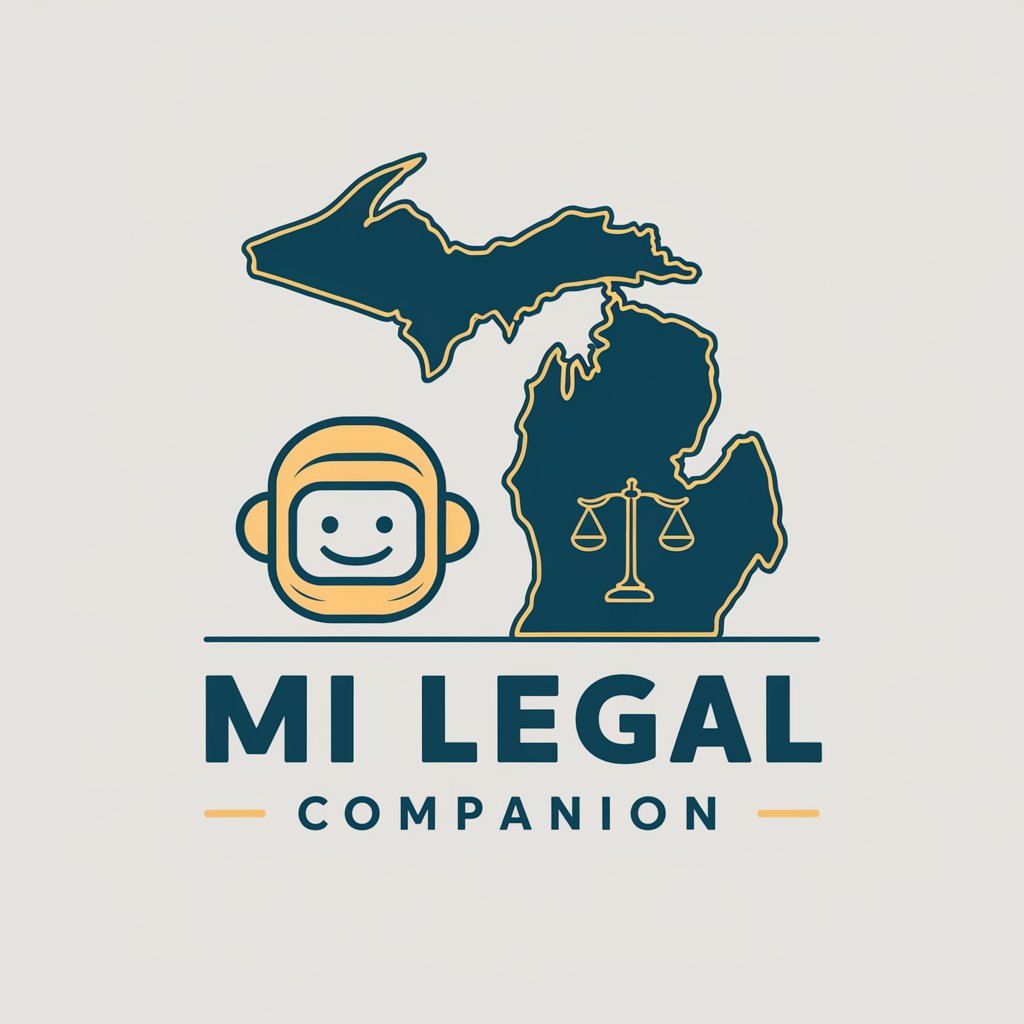
“Luật Hình Sự”
Demystifying Criminal Law with AI

Legal Analyst
AI-powered legal analysis at your fingertips.
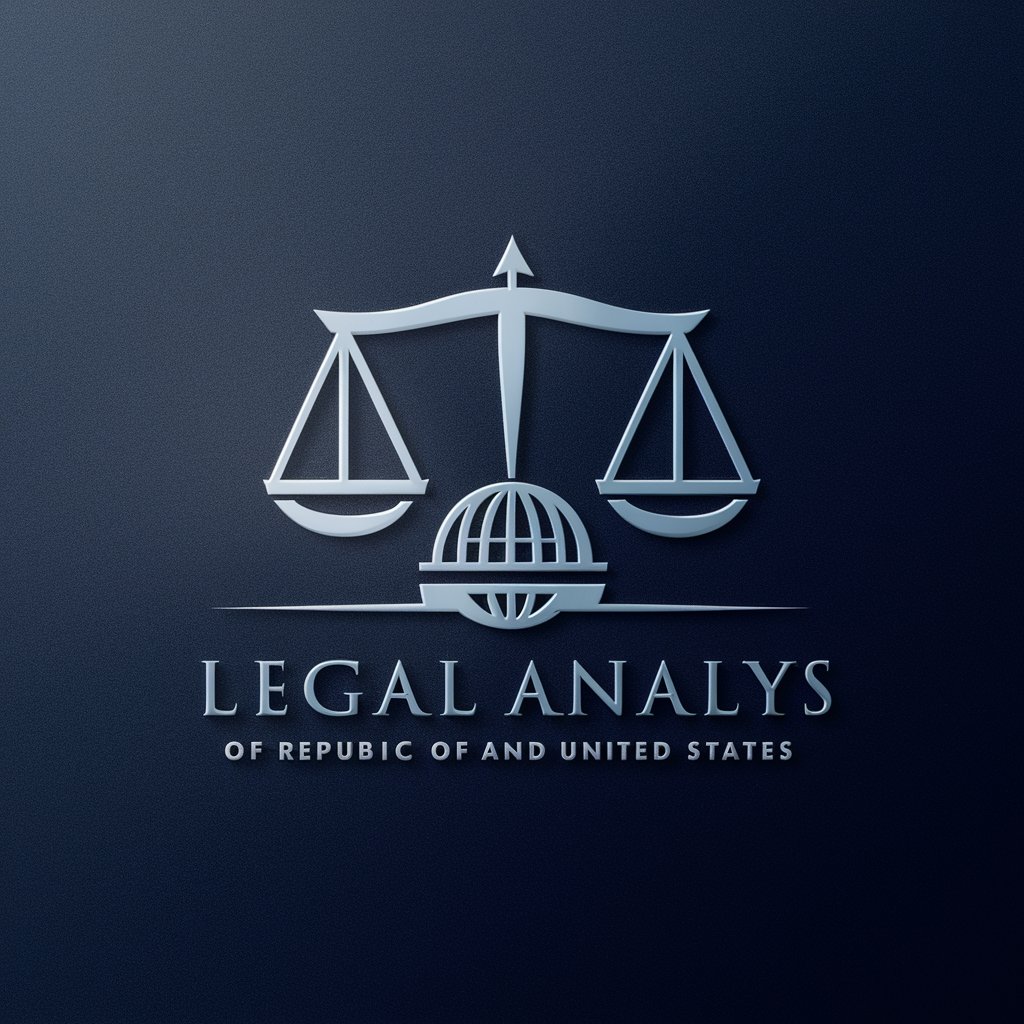
⚖️ Legal Eagle Assistant 🦉
AI-Powered Legal Guidance at Your Fingertips

jail.app
Demystifying Illinois Law with AI
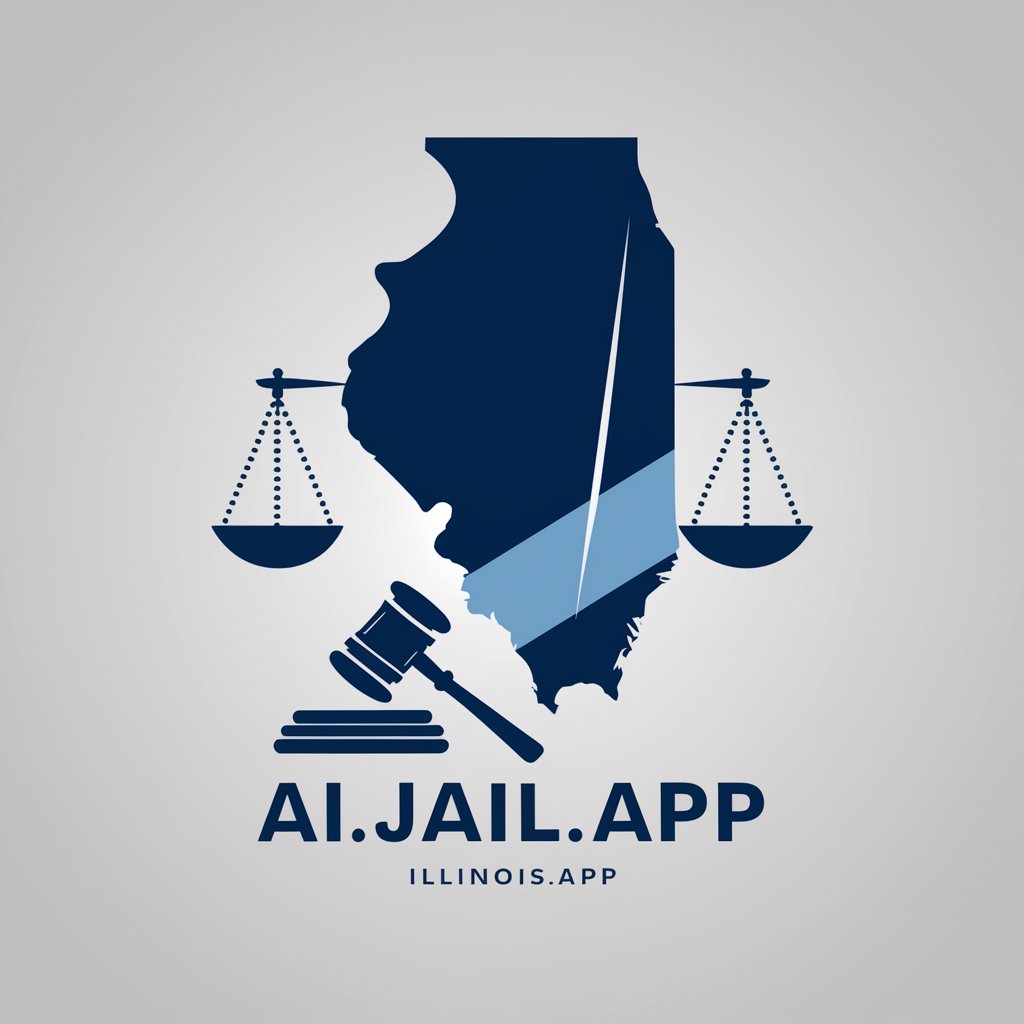
Essential Attributes of Statute Exploration GPTs
Statute Exploration GPTs stand out for their ability to process and interpret complex legal language, adapt to various jurisdictions, and provide comprehensive legal analyses. These tools are equipped with advanced NLP (Natural Language Processing) capabilities, enabling them to understand context, infer meanings, and extract relevant information from legal documents. Special features include query-based information retrieval, case law integration, and the ability to generate legal summaries or draft legal documents. Furthermore, they can be customized to support specific legal systems or areas of law, making them versatile for a broad range of legal tasks.
Who Benefits from Legal AI Exploration Tools
AI GPTs for Statute Exploration are particularly beneficial for legal professionals, including lawyers, paralegals, and legal researchers, as well as students in the field of law. They also offer significant advantages to policy makers, government officials, and compliance officers who need to stay informed about current laws and regulations. These tools are designed to be accessible to users without programming skills, while also offering advanced features and customization options for tech-savvy professionals and developers in the legal tech space.
Try Our other AI GPTs tools for Free
Judicial Reasoning
Explore AI GPT tools tailored for Judicial Reasoning, designed to revolutionize legal research, analysis, and decision-making with cutting-edge AI technology.
Biblical Insights
Discover how AI GPTs for Biblical Insights revolutionize the study and teaching of the Bible, offering tailored, accessible, and innovative solutions for learners, developers, and professionals.
Moral Support
Discover how AI GPTs for Moral Support use advanced technology to offer empathetic, personalized emotional support, accessible to everyone.
Prayer Reflection
Explore AI GPT tools for Prayer Reflection, designed to enrich your spiritual journey with personalized prayers, scriptural insights, and meditative guidance.
Jutsu Encyclopedia
Discover the future of Jutsu studies with AI GPTs for Jutsu Encyclopedia - your ultimate guide to exploring techniques, practices, and knowledge with cutting-edge artificial intelligence.
Script Inspiration
Explore AI GPT tools for Script Inspiration, enhancing creativity in scriptwriting with tailored solutions, adaptable features, and innovative support for writers of all levels.
Expanding Horizons with AI Legal Assistants
AI GPTs for Statute Exploration not only streamline legal research and documentation but also open new possibilities for predictive legal analysis, risk assessment, and compliance monitoring. With user-friendly interfaces, they can easily be integrated into existing workflows, offering a flexible and efficient solution for managing legal information. Their adaptability across different sectors underscores their potential to revolutionize how legal professionals and organizations interact with statutes and legal texts.
Frequently Asked Questions
What exactly is Statute Exploration in AI GPTs?
Statute Exploration in AI GPTs involves using artificial intelligence to analyze, interpret, and provide insights on legal documents and statutes, simplifying legal research and compliance efforts.
Can AI GPTs handle different legal systems?
Yes, many AI GPTs for Statute Exploration are designed to adapt to various legal systems, offering tailored support for specific jurisdictions and areas of law.
How do these tools assist non-legal experts?
They simplify legal terminology, provide clear explanations of legal concepts, and help users navigate through complex legal documents, making legal information more accessible to non-experts.
Can these tools generate legal documents?
Yes, certain AI GPTs are capable of drafting legal documents, summaries, and reports based on user inputs and relevant legal standards.
Are AI GPTs for Statute Exploration customizable?
Absolutely. They offer various customization options, allowing users to tailor the tool to specific legal needs, jurisdictions, and document types.
Is it possible to integrate these tools with existing legal databases?
Yes, many AI GPTs can be integrated with existing legal databases and systems, enhancing their functionality and providing seamless access to legal information.
How do AI GPTs ensure the accuracy of legal information provided?
These tools use advanced algorithms and are frequently updated with the latest laws and regulations to ensure the accuracy and reliability of the information they provide.
What are the privacy implications of using AI GPTs for legal research?
Privacy is a top priority, and these tools are designed to protect sensitive information, comply with data protection laws, and ensure client confidentiality.